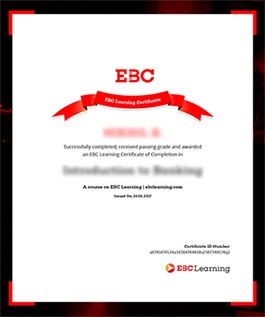EBC Webstore
Eastern Book Company
|
|
 Home > E-LEARN > EBC Learning Courses - Law Course Online > 2020 Home > E-LEARN > EBC Learning Courses - Law Course Online > 2020 |


 5
5
About this Course
Contracts are part and parcel of our everyday life. It is one of the foundational courses in law school. Although it is taught in the initial years in law school, it is perhaps one of the most important subjects. One could say that 90% of all commercial legal disputes involve some element of contract law. In that sense having a thorough grounding in contracts is essential for any practitioner. This course is aimed towards students and is specifically designed with their syllabus in mind. However, practitioners may also use this course as a refresher for some fundamental concepts. Contract law also remains the foundational subject for many competitive examinations and in MBA schools. Given the way that this course is designed, it will serve as a convenient source for covering the syllabus of such examinations and the requirements of MBA students.
| Effort | 3h 57m |
Instructor

ABHINANDAN MALIK
Abhinandan Malik with his extensive knowledge in the area of Contract Law. He is Director Publications at EBC. He has 10 + years of editorial experience, guiding and editing publications at EBC. He is a graduate of NALSAR University of Law with an LLM from the University of Toronto. At the U of T he specialised in private law. His thesis was on the Horizontal Application of Fundamental Rights.
Complete this course and exercises to earn a certificate. Share it with your friends, colleagues, and employers.*
*You must Subscribe to get a certificate.

1. Introduction
2. Public law, private law and the common law
3. Origin and function of contract law
4. Formation of an agreement/ potential contract
5. Offer
6. Acceptance
7. Unilateral contracts
8. Requirements for an agreement to be a contract
9. Intention to create legal relations
10. Certainty
11. Free consent
12. Competency to contract
13. Lawful consideration and object
14. Consideration: Desire of the promisor
15. Consideration: Minimal, worthless and inadequate
16. Consideration: Pre-existing duties
17. Concluding module one
18. INDEX (Full text of cases)
|
|
||
|
||
|